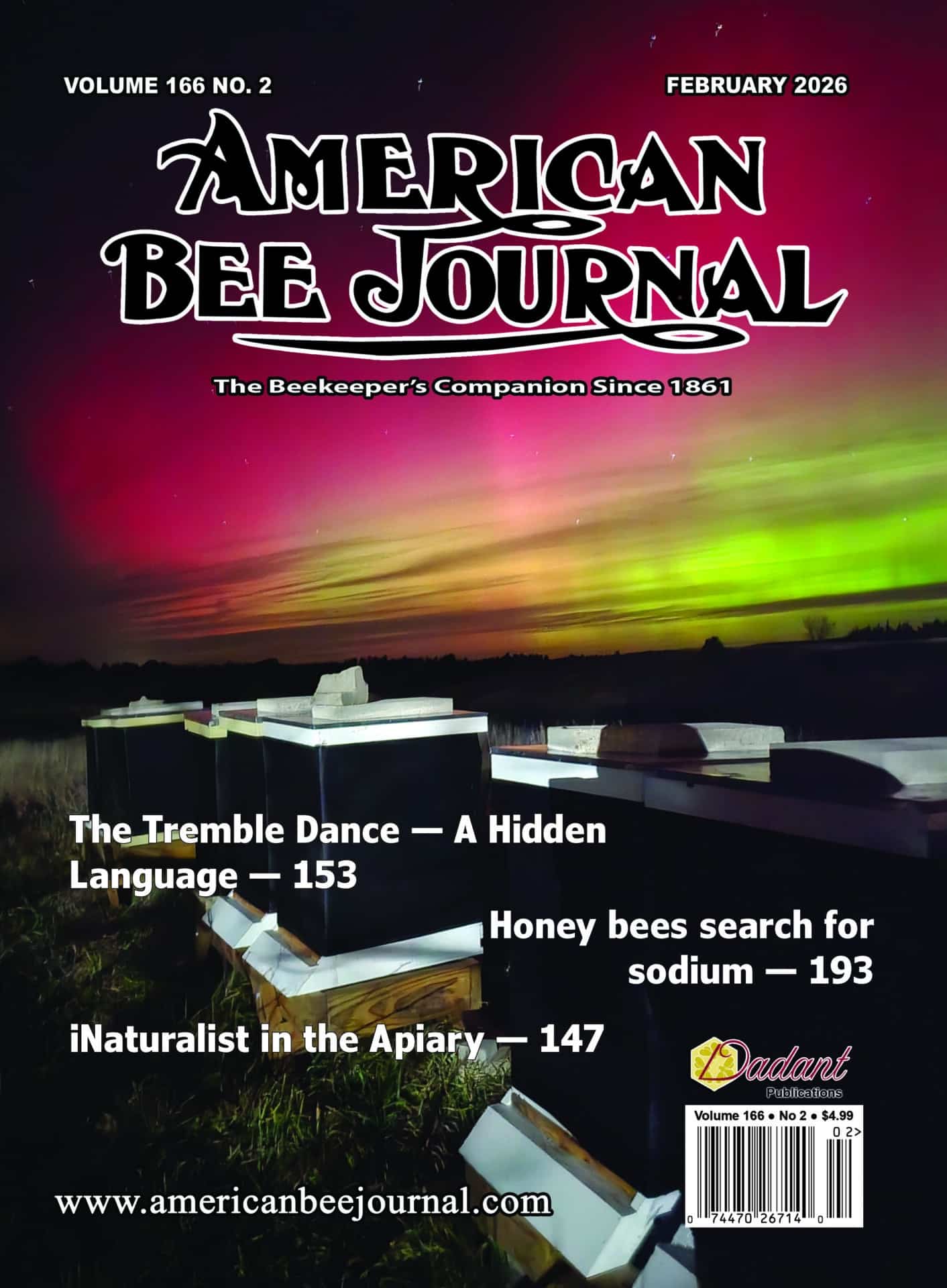Q Who is in the Caste?
We are debating the correct answer relating to what is a caste? We have a question on our Master Beekeeper test that is at issue. In First Lessons in Beekeeping by Keith Delaplane, a Dadant Publication, he states on page 12:
“There are three types of individuals in a honey bee colony: female workers, female queens, and males often called drones. The fact that there are two different types of female is an example of what is called a caste – a functionally different form of the same sex. One often hears that workers, queens, and drones constitute three honey bee castes. This is not true; they constitute two sexes, the females of which are divided into two castes.”
In The Hive and the Honey Bee, 1992 edition, also a Dadant Publication edited by Graham, page 79 they state: “There are three types of individuals or castes in a honey bee colony. The female queen and workers and the male drones.”
Which is correct in your opinion?
Thanks
“B”
Boomer, NC
A
Caste: A specialized form (as the worker of an ant or bee) of a polymorphic social insect that carries out a particular function in the colony. From Merriam Webster dictionary.
So, the real goal is to give the answer that the test designer had in mind and get it right, regardless if it is the perfect answer. Right? Based on what I have read and what Merriam Webster says I would vote for, The Hive and the Honey Bee, 1992 edition, page 79:
“There are three types of individuals or castes in a honey bee colony. The female queen and workers and the male drones.”
Because each individual “carries out a particular function in the colony”. If I am wrong and you fail, then I disavow any knowledge of this ‘opinion’ and/or I will go to bat for you with the person(s) grading! Let me know.
Q Swarms… what is going on?
I caught a swarm last night about 7 pm; it was in my bamboo. There were two separate clusters, one of them was bigger than a basketball and the other probably just a little bigger than a softball. They were about a foot and a half away from each other. Since we had a cool evening outside, they didn’t move much, so I was able to put them in a box pretty easily. This would be the second time I have caught a swarm on my property now. Should I assume these bees are mine? With the amount of the bees that was in the swarm, it would have taken all the bees in my biggest hive or both of my smallest hives combined to equal to that many bees.
I just don’t see how they could be my bees, is my house just that lucky? I did go to my hives and checked them and it seems like they are all still there, so what are the chances someone else’s swarms continue to come to my property? Since there were two separate clusters, could that mean they are two separate swarms or the bees just decided to cluster separately? I put the two balls in the same box, but there was a cluster of bees that walked out of the box and just stayed outside all night. I don’t know for a fact, but it seems like the bees wanted to be in two separate groups. Could the antisocial bees be the smaller cluster? Should I get another box and house them separately?
Jennifer Taylor
Missouri
A
Sometimes in swarms there can be the original swarm with the oldest queen and also there can be what are called “after swarms” that have a mated queen from swarm cells or unmated virgins from swarm cells all exiting a hive at the same time in this asexual reproduction.
Most likely these swarms came from your colonies. If you can’t find the queen in the small swarm, combine them. They will most likely figure it out.
Regardless, catching this swarm meant you didn’t have to pay $125.00 for a package or a nuc! Good job!
Q Get Ready for Winter Now!
I’m hoping you can help me have a better winter this year. I had some heavy losses this winter that I’ll take the blame for, for letting the mites run wild last fall. However, a number of my deadouts appeared to have starved by clustering in a corner, away from the honey stores. I winter in ten-frame double deeps, probably 40-60 lbs. of honey per hive. Usually they only use half of it in the winter. Is there anything I can do to avoid this? I’m a little reluctant to leave a super on because I need the honey and extracting goldenrod honey in the spring is frustrating. Any advice will be welcome.
Thanks,
Daryl Martin
New Bethlehem, PA
A
Diagnosing from a distance is hard, but this is what probably happened. Beekeeping in any season is a numbers game. Generally, the larger the cluster you have, the better off the colony is for successful wintering, especially if the bees are healthy, too (low mite count). This makes it easier for you manage for success, however you may define that.
In winter, having a critical mass/volume/number of bees is vitally important. They have to keep themselves warm and be able to still


